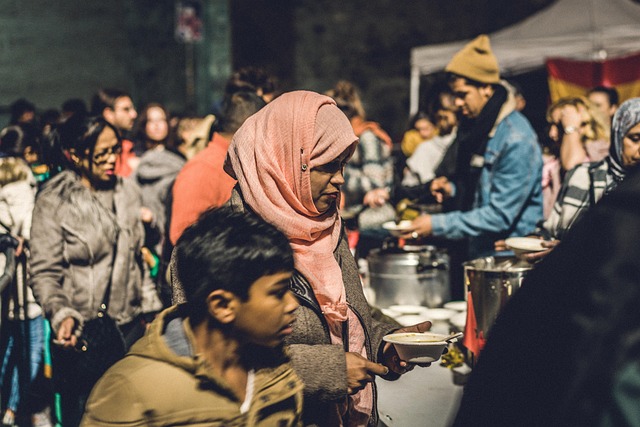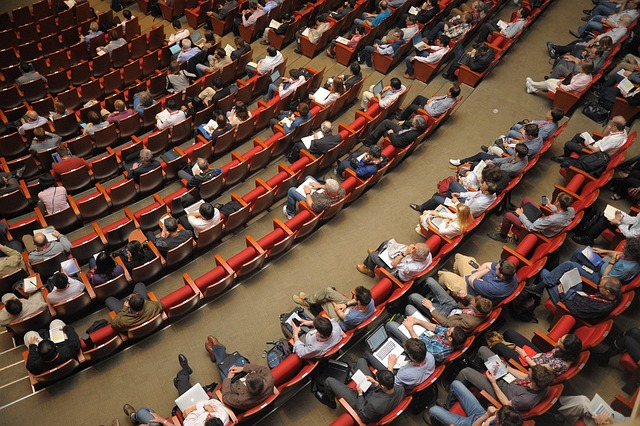Fasting Together: Exploring the Common Fast in Community
In many cultures and religions around the world, fasting serves as a powerful practice that not only fosters spiritual growth but also strengthens community bonds. A common fast brings individuals together for a shared experience, deeply steeped in tradition and communal meaning. Whether it’s during the holy month of Ramadan, the Lenten season, or specific days set aside for reflection and penitence, the act of collectively refraining from food and drink has profound implications for both individual introspection and community unity.
Fasting is often viewed as an expression of faith, a way to draw closer to the divine. It encourages self-discipline and mindfulness, inviting participants to reflect on their lives as they engage in shared rituals. When communities partake in a common fast, the atmosphere becomes charged with a sense of solidarity; each person is not alone in their journey, but surrounded by comrades striving for similar spiritual heights. This collective endeavor fosters deep relationships built on empathy, compassion, and shared goals.
The religious significance of fasting varies across traditions but the underlying principle remains the same: self-control and reflection. In Christianity, Lent is an opportunity for believers to focus on prayer and sacrifice. In Islam, Ramadan becomes a transformative period where fasting is a means to express gratitude and humility. In Judaism, Yom Kippur serves as a day of atonement that involves abstaining from food and drink, enabling a deep spiritual connection. Each of these practices invites communities to come together, reinforcing beliefs and values that resonate through shared experiences.
When participating in a common fast, the physical act of abstaining from food often highlights our collective vulnerabilities. It reminds us that we are all human, that we all face struggles, and that we can offer support and encouragement to one another. This acknowledgment of shared sacrifice helps strengthen interpersonal ties, as community members share their experiences, insights, and encouragement during the fasting period.
Moreover, communal fasting can also lead to charitable actions, such as food drives or fundraising efforts, as participants become more aware of the struggles faced by the less fortunate. When people come together to fast, they are frequently inspired to act in favor of those who do not have enough to eat. This synchrony of spiritual reflection and social action further enriches the community experience.
Participating in a common fast serves as a powerful reminder of our interconnectedness. As each member of the community refrains from eating, it’s not just a personal exercise; it becomes a shared journey of faith and endurance. This collective commitment inspires deeper connections that can transcend individual differences, allowing for a more profound sense of belonging. Many find that by fasting alongside others, their individual commitment to their faith is strengthened, and they grow closer to their community while in pursuit of a higher purpose.
As we explore the concept of fasting together, let us appreciate the unique role that it plays in our lives. The synchronicity of our experiences during a common fast fosters mutual understanding and support. Through this journey, we embark not only on an exploration of faith but an embodiment of community— a bridge connecting us all in a shared spiritual endeavor.




